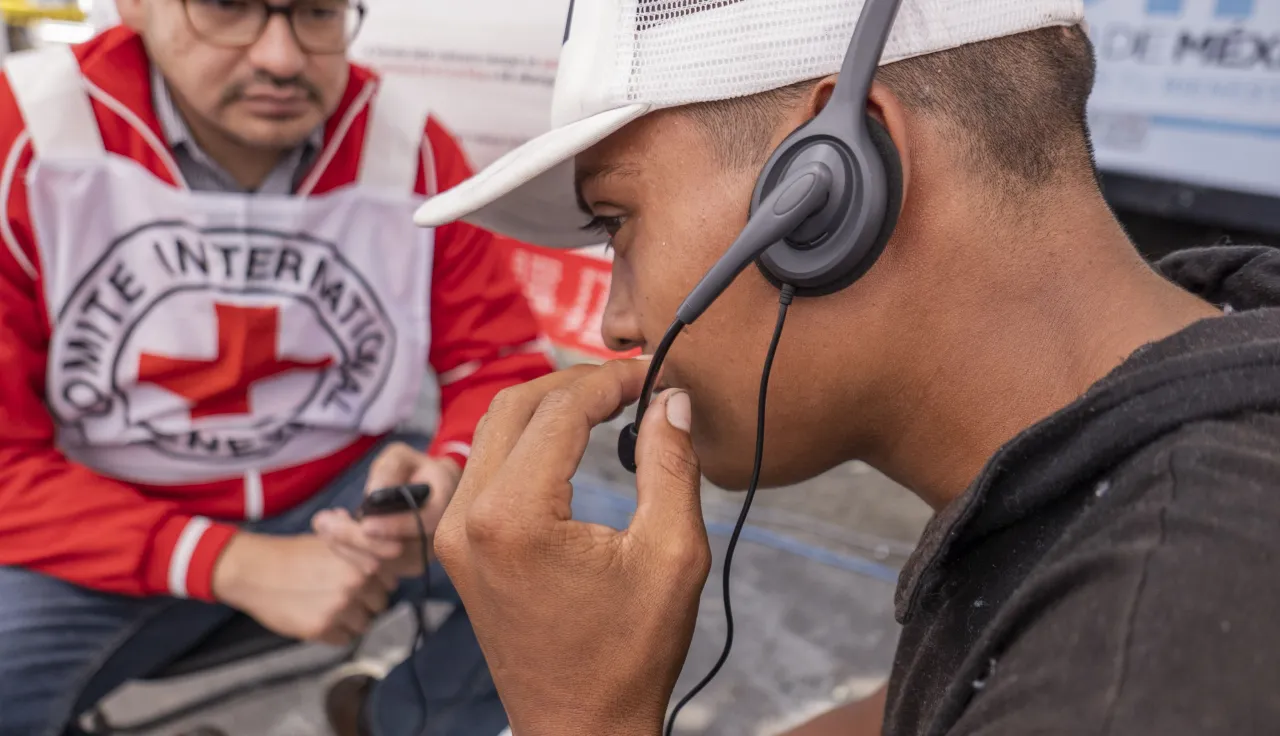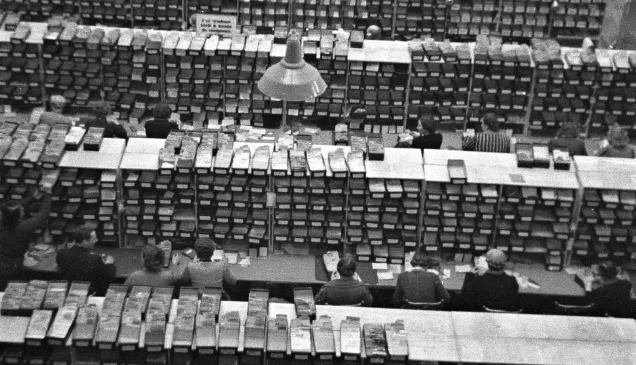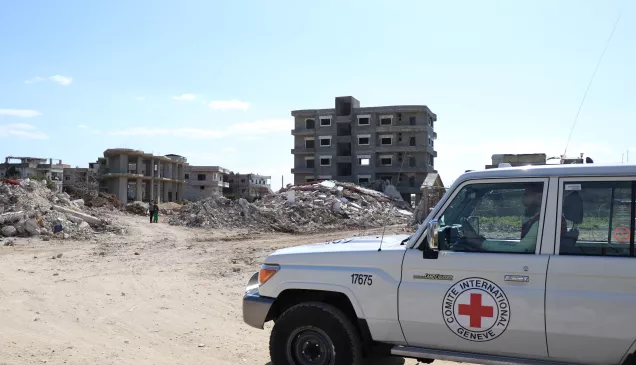45,000 Minutes of Hope are not Enough

Martienus De Boer, deputy head of the regional delegation for Mexico and Central America
2018 will remain in the memory of many as the year in which thousands of migrants left their countries and joined caravans crossing through Central America and Mexico on their way to the United States. For the ICRC and the Mexican Red Cross, it was a year of intense efforts to meet the needs of that tidal wave of humanity. It was also the year in which we gave people 45,000 minutes of happiness thanks to the free phone calls offered by our Restoring Family Links programme.
Mexican Red Cross volunteers and ICRC staff spread out to cities throughout the country to cover one of the most basic needs of migrant caravans: staying in touch with their loved ones when they are on the move.
In January 2019 I visited Ciudad Hidalgo in Chiapas state, where I spent two days with some of those migrants. I offered them a mobile phone – something so simple and easy, and yet vital for them and their families. Being able to talk for a moment, to share their news with those left behind and alleviate their uncertainty is psychologically beneficial for both parties. We facilitated more than 15,000 phone calls for migrants in caravans in the last quarter of 2018, and 100,000 throughout the year in 62 mobile posts or hostels for migrants in general.
With no intention of either promoting or discouraging migration, the ICRC runs the Restoring Family Links programme for people travelling along migration routes all over the world, not just in Mexico and Central America. The programme enables us to identify migrants in particularly precarious or urgent circumstances and, most importantly, helps prevent them going missing.
Migration flows in Mexico are constantly changing, but migrants' needs do not: dignified treatment, health care, a safe place to stay and protection by the institutions that have a duty to prevent and take action against excessive use of force by public servants and abuses by weapon bearers operating outside the law.
Our work also involves trying to mitigate some of the humanitarian consequences of violence against migrants, who often experience xenophobia and discrimination, and to take steps to reduce their vulnerability, focusing in particular on women. We are also seeing more unaccompanied children and teenagers on migration routes, who are being exposed to an ever-growing risk of rights violations and psychological trauma that could jeopardize their future.

Yesi traveled in the caravan that left Honduras in October 2018. She fled threats in her hometown along with 15 of her relatives. CC BY-NC-ND/CICR/J. Cornejo
Migrants travel together in caravans to minimize the dangers intrinsic to the journey and avoid tougher migration policies, at a time when the limits of the asylum system in the region, outstripped by this new reality, have been brought to light.
Making migration safe and looking after this vulnerable group of people is the shared responsibility of the authorities in their place of origin, transit and destination, with the support of civil society and the international community.
The ICRC will pursue its dialogue with the authorities on securing dignified treatment for migrants. Together with the Mexican Red Cross, we will support the authorities' efforts to provide health care, infrastructure, water and accommodation, and we will consolidate the Restoring Family Links programme further by working with hostels and partner organizations that help migrants along their journeys.
We will keep spreading practical advice among migrants to make them better prepared and less vulnerable, and pushing for detention to be used only as a last resort and not for minors.
We will also keep calling for countries to consider before deporting a migrant whether there are grounds to believe that they may be persecuted for reasons of race, religion, nationality, or social or political affiliation or they may be tortured or subjected to other forms of ill-treatment, and for countries to uphold the principle of non-refoulement, in accordance with international law.
The phenomenon of migration is inseparable from the history of humanity. There has always been and will always be migration. As a society we cannot settle for reactive or short-term initiatives. The dignity of migrants reflects on our own dignity. For them and for us, we must work together to grant them the protection they are afforded by law and the help they need, as well as the respectful and humane treatment that they deserve. Those 45,000 minutes of hope are not enough.


